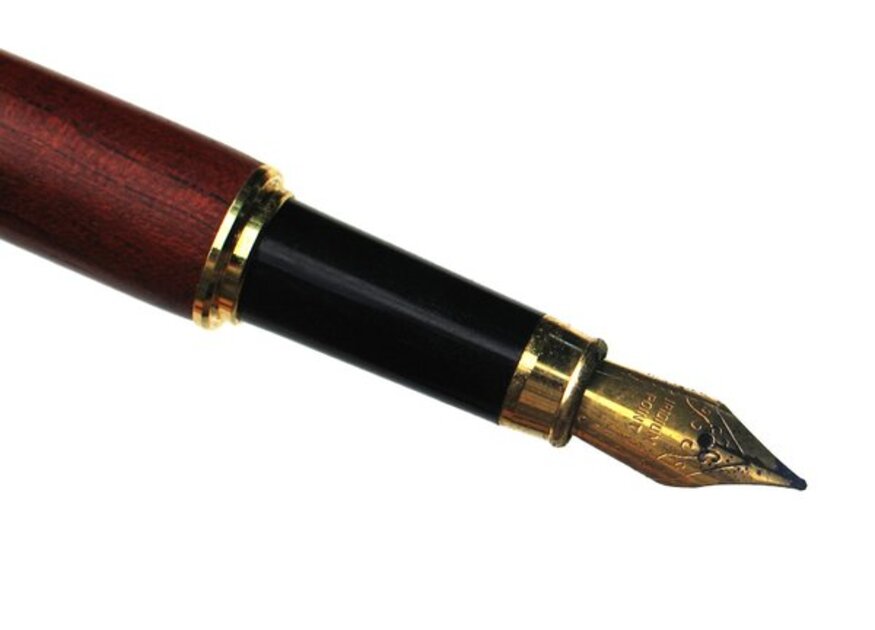
On amud beis Tosafos (“Velichayev”) infers from our Gemara that there is a stronger moral obligation and expectation that one safeguards his possessions from damaging others than from being damaged. Thus, in the case where a dog enters an area and grabs a cake with a hot coal attached to it, which ends up causing a fire, we expect the owner of the coals to be mindful that a dog might enter and he therefore shares liability with the dog owner. Yet, the dog is fully responsible for the cake, despite that in theory it is the same area that needs to be guarded by the owner of the house to prevent a dog from entering. We see therefore that there is less expectation to safeguard your own losses than to stop your possessions from damaging others.
Mishna Avos (2:12) states:
ū©ųĘūæų╝ų┤ūÖ ūÖūĢų╣ūĪųĄūÖ ūÉūĢų╣ū×ųĄū©, ūÖų░ūöų┤ūÖ ū×ųĖū×ūĢų╣ū¤ ūŚų▓ūæųĄū©ų░ūÜųĖ ūŚųĖūæų┤ūÖūæ ūóųĖū£ųČūÖūÜųĖ ūøų╝ų░ū®ūüųČū£ų╝ųĖūÜų░
Rabbi Yose said: Let the property of your fellow be as precious unto you as your own
Sefer Daf Al Daf quotes a question from Gilyonei Hashas. In Avos it seems like one should treat others’ possessions as EQUAL to his. Yet, Tosafos here says one should guard others’ property MORE than his own? Rabbenu Yona (Ibid) makes a distinction. Tosafos is referring to actual safeguards against damage, which one must be more careful than of his own property. Avos is referring to responding to needs and favors that someone might ask to assist them with their possessions. For example, your friend asks you to feed or milk his cows. Feed them and treat them to the same standards as your herd, but you do not need to do more than you would do for yourself. However, in terms of safeguarding, that is a different story, and requires more.
Similarly, we find Ramban commenting on the verse (Vayikra 19:18), “Be loving to your neighbor as yourself”. The letter lamed connotes acting loving toward but not actually loving your neighbor as much as yourself, as that is unrealistically against human nature. So too, it can be more of a requirement to make sure your property does not damage another’s property than even your own, because that is a concrete financial liability. But in terms of concern for general welfare and favors, the Torah ethic is realistic. Be as helpful and willing to assist your friend in preserving or growing his possessions as you would your own, but you don’t need to do more.

 Previous
Previous
